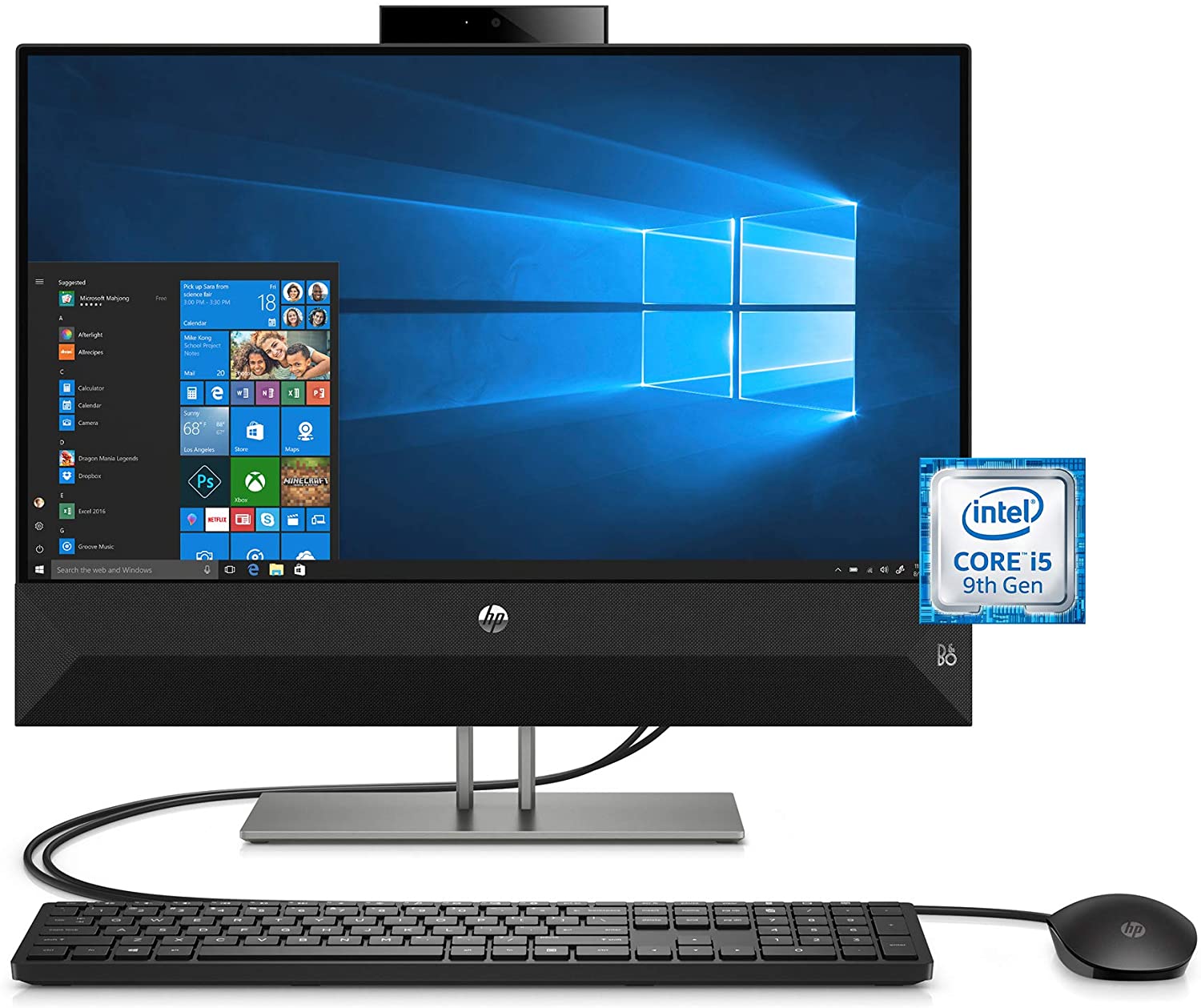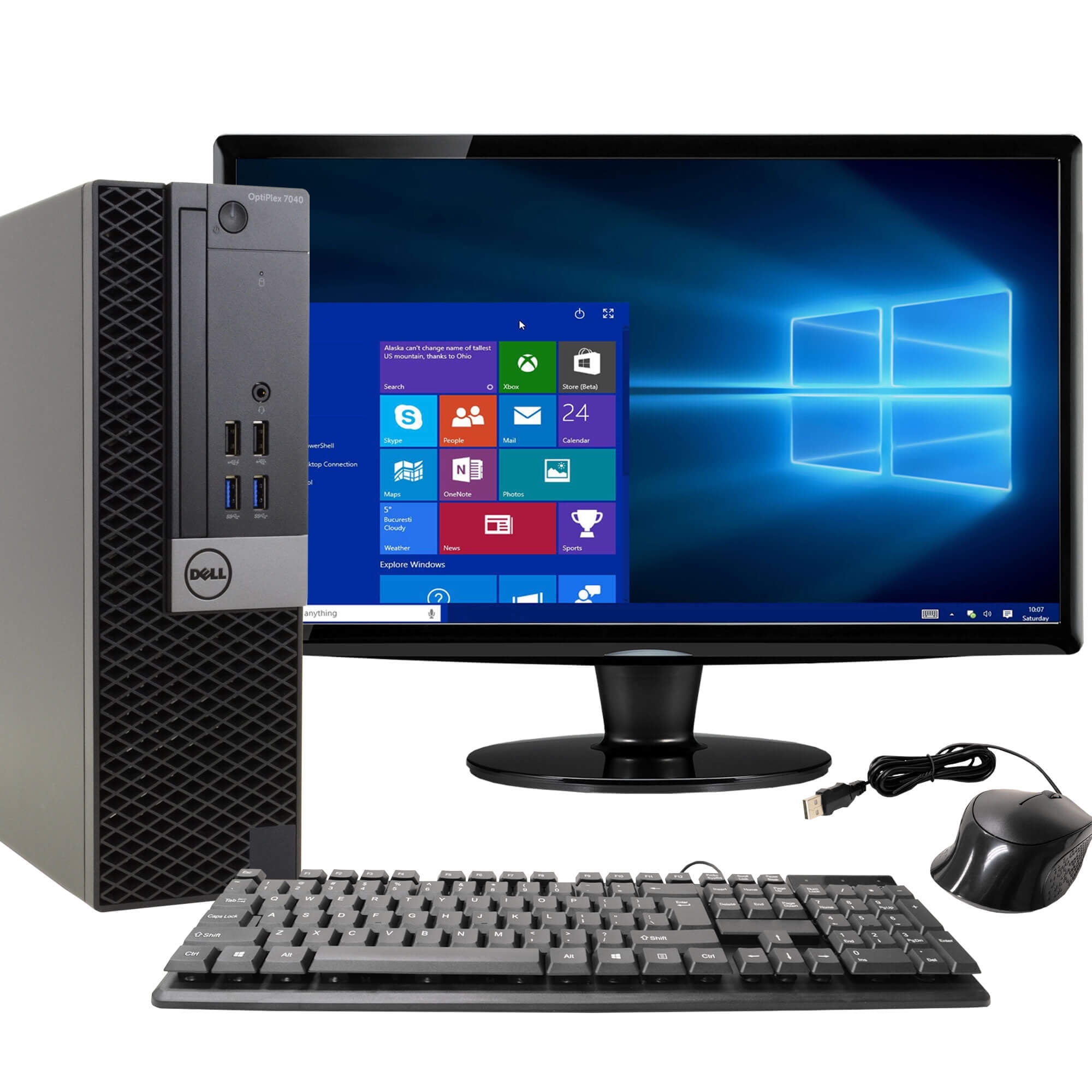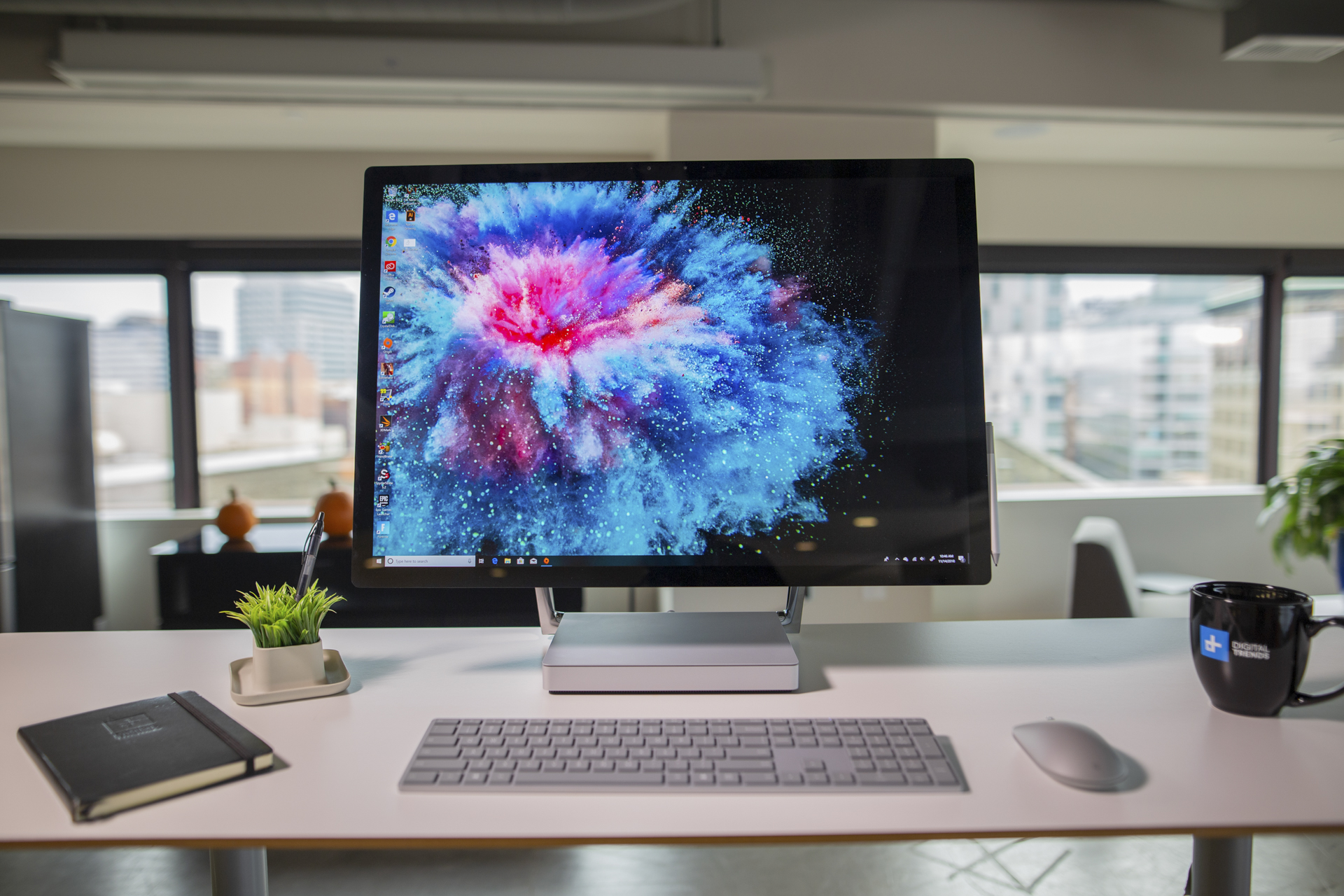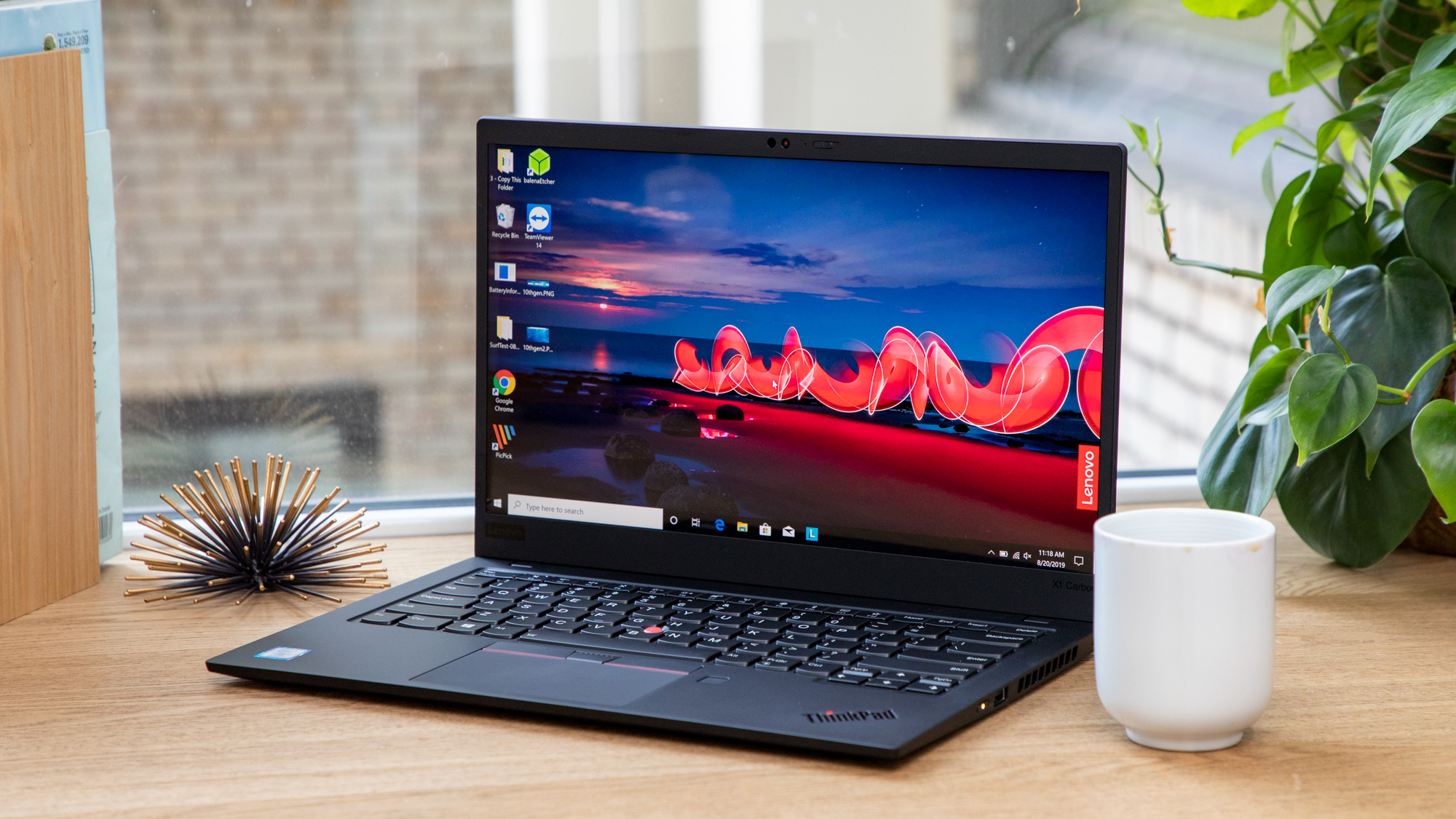Best Computers Under $500

For value-conscious shoppers seeking a new computer without breaking the bank, finding the right device under $500 can feel like navigating a minefield. This article cuts through the noise, providing an analytical review of the best computers available in this price range, tailored to diverse needs and use cases. We'll explore practical considerations, compare specifications, and ultimately, empower you to make an informed decision.
Why Choose a Computer Under $500?
While high-end machines boast impressive power, a computer under $500 can be perfect for everyday tasks like browsing, email, document creation, and light entertainment. It offers an affordable entry point for students, home users, or anyone needing a secondary device. Choosing wisely ensures you get the most bang for your buck without sacrificing essential functionality.
Shortlist of Top Contenders
Here's a quick overview of our recommended computers, categorized by target user:
- For Students: Lenovo Chromebook Duet - Lightweight, portable, and excellent battery life.
- For Home Use: Acer Aspire TC-1760-UA91 Desktop - Reliable performance and ample storage.
- For Basic Computing: HP 14-fq0010nr - Affordable laptop with a decent display.
Detailed Reviews
Lenovo Chromebook Duet
The Lenovo Chromebook Duet is a 2-in-1 device that offers exceptional value for students and users on the go. Its compact size and long battery life make it ideal for note-taking, research, and entertainment. The included keyboard cover is a welcome addition, though the small size might take some getting used to.
Acer Aspire TC-1760-UA91 Desktop
The Acer Aspire TC-1760-UA91 desktop provides a solid foundation for home computing needs. With a capable processor and ample storage, it can handle everyday tasks with ease. Its expandability options make it a future-proof choice for growing needs.
HP 14-fq0010nr
The HP 14-fq0010nr laptop is an affordable option that strikes a balance between price and performance. It's suitable for basic tasks like web browsing, email, and document editing. While not a powerhouse, it offers a comfortable keyboard and a decent display for everyday use.
Side-by-Side Specifications and Performance
Here's a comparison table to help you visualize the key differences between the models:
| Feature | Lenovo Chromebook Duet | Acer Aspire TC-1760-UA91 | HP 14-fq0010nr |
|---|---|---|---|
| Processor | MediaTek Helio P60T | Intel Core i3-12100 | AMD Athlon Silver 3050U |
| RAM | 4GB | 8GB | 4GB |
| Storage | 64GB eMMC | 512GB SSD | 128GB SSD |
| Display | 10.1" Touchscreen | N/A (Desktop) | 14" |
| Operating System | ChromeOS | Windows 11 Home | Windows 10 Home |
| Performance Score (Based on Geekbench) | Single-Core: ~300, Multi-Core: ~1200 | Single-Core: ~1500, Multi-Core: ~4500 | Single-Core: ~700, Multi-Core: ~1400 |
| Battery Life | Up to 12 hours | N/A (Desktop) | Up to 9 hours |
Note: Performance scores are approximate and can vary depending on testing conditions.
Practical Considerations
Beyond specifications, consider these factors before making your purchase.
Operating System
ChromeOS is lightweight and ideal for web-based tasks, while Windows offers greater software compatibility. Choose the OS that best aligns with your primary use cases.
Storage
SSDs offer faster performance compared to traditional hard drives. Consider your storage needs for files, applications, and media.
Portability
Laptops and 2-in-1s offer portability, while desktops provide more power and expandability. Choose based on whether you need to work on the go or primarily at a desk.
Intended Use
Will you be using the computer primarily for work, school, or entertainment? This will influence the required processing power and features.
Longevity
Consider the computer's upgradability and potential lifespan. A desktop offers more upgrade options than a laptop.
Summary
Finding the best computer under $500 requires careful consideration of your needs and priorities. The Lenovo Chromebook Duet excels in portability, the Acer Aspire TC-1760-UA91 provides solid home computing performance, and the HP 14-fq0010nr offers an affordable entry-level laptop experience. Remember to weigh the operating system, storage, portability, intended use, and longevity before making your final decision.
By carefully considering these factors, you can confidently choose a computer that meets your needs and budget. Ultimately, the "best" computer is the one that aligns perfectly with your individual requirements and usage patterns.
Take Action: Find Your Ideal Computer Today!
Ready to make your purchase? Click on the links below to explore the featured computers and read customer reviews. Don't wait, find the perfect budget-friendly computer for you!
Explore the Lenovo Chromebook Duet
Explore the Acer Aspire TC-1760-UA91
Frequently Asked Questions (FAQ)
Can I play games on a computer under $500?
Light gaming is possible on some models, but don't expect to play demanding games at high settings. Chromebooks are not ideal for gaming.
How much RAM do I need?
4GB of RAM is sufficient for basic tasks, but 8GB is recommended for smoother multitasking and running more demanding applications.
What is the difference between an SSD and a HDD?
SSDs are significantly faster than HDDs, resulting in quicker boot times and application loading.
Is a Chromebook a good choice for students?
Chromebooks are excellent for students due to their affordability, portability, and access to web-based educational tools.
Can I upgrade the RAM or storage on these computers?
Desktop computers generally offer more upgrade options than laptops or Chromebooks. Check the specifications of each model before purchasing.


/2LW4045927-7-5c3bca01c9e77c00019efcdb.jpg)














